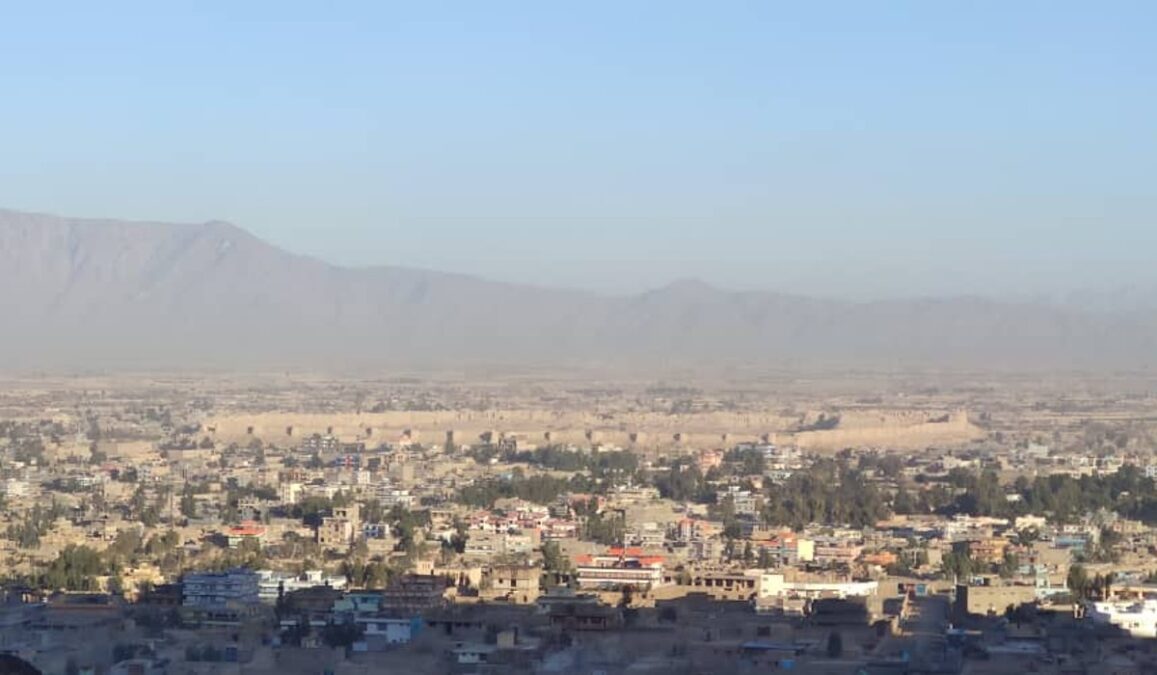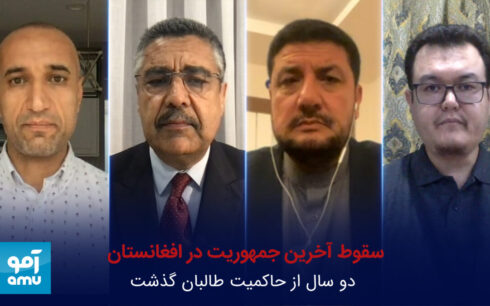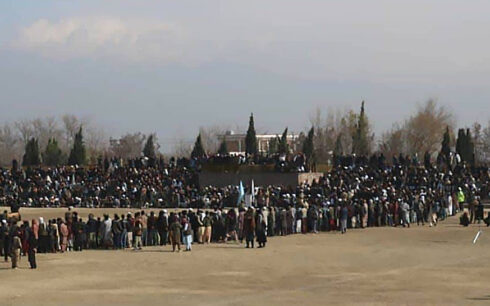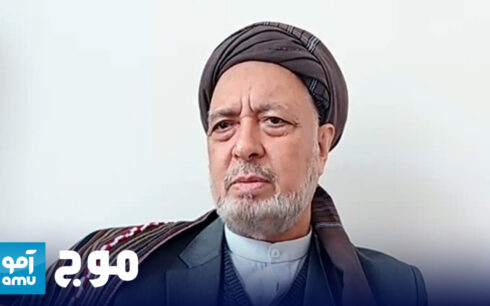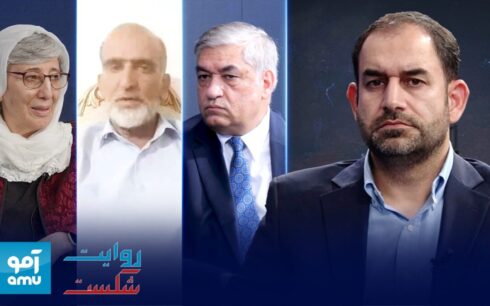On this day two years ago, five days before the fall of Kabul, the provinces of Farah and Baghlan fell to the Taliban. Amidst the escalating turmoil, a web of intense clashes unfolded across the cities of Faizabad, Mazar-e-Sharif, Kandahar, Lashkargah, and Herat, underscoring the desperate struggle for control.
Simultaneously, the International Committee of the Red Cross revealed a sobering statistic: between August 1 to 10, 2021, their health facilities had treated a staggering 4,000 civilians and military personnel wounded in the conflict.
On the same day, former President Ashraf Ghani wielded his executive power, discreetly appointing Sami Sadat as the commander of the Special Forces Corps, and Hibatullah Alizai as the nation’s Chief of Army Staff. Whispers of this decision traversed through the corridors of power, suggesting a strategic alignment with the United States military, a pivotal ally in Afghanistan’s complex landscape.
However, the battlefield was witness to relentless strife and the cities of Farah and Pul-e-Khumri fell to the Taliban. Their fall was attributed, in no small part, to the dearth of vital military equipment and the absence of reinforcement forces. In a poignant admission, Massoud Bakhtawar, the former Governor of Farah, conceded: “We found ourselves bereft of the necessary military apparatus, left to navigate an unrelenting storm without the tools of resistance.”
The sentiment was echoed by Azim Mohseni, former member of parliament from Baghlan, who affirmed the heroic stand of the beleaguered security forces, yet lamented their isolation in the face of dwindling supplies and support.
Amidst this unfolding chaos, even the realm of governance was marred by upheaval. Khaled Payenda, the then-acting finance minister, tendered his resignation on this pivotal day, seeking refuge in the United States. Reports surfaced that senior figures from Da Afghanistan Breshna Sherkat, the nation’s power distribution agency, and the National Development Corporation, had shifted their bases of operation to distant shores, specifically Dubai and Turkey, reflecting the deep-seated concerns permeating the upper echelons of Afghanistan’s leadership.
Yet, as the pendulum of political and security precarity swung ever more wildly, the resolute women of Afghanistan found themselves particularly vulnerable.
“Those days were cloaked in an oppressive fog of fear, particularly for the women who comprised an integral half of Afghan society. The horizon of their future remained shrouded in uncertainty,” Horia Musadiq, a human rights activist, stated.
Behind the scenes, insights surfaced suggesting that Ashraf Ghani sought counsel from former UK Army Chief, Nick Carter. In a testament to the depth of this partnership, a source from the former presidential palace revealed that Carter dispatched a commander from Britain’s Special Forces to Kabul, an audacious move aimed at fortifying Ghani’s strategies for safeguarding the country in the absence of foreign military support.
On this day two years ago, the United Nations also voiced concern at the crisis unfolding across the country. In a report, published August 10, 2021, the UN stated that disturbing reports of Taliban violence against communities now under their control in Afghanistan had emerged. The then-UN rights chief Michelle Bachelet suggested parties return to peace negotiations in Doha.
She also said there was “fear and dread” across Afghanistan, which had driven people to flee their homes. “Women have been flogged and killed in areas overrun by the extremists, while journalists and human rights defenders had also been attacked and killed,” she stated.

